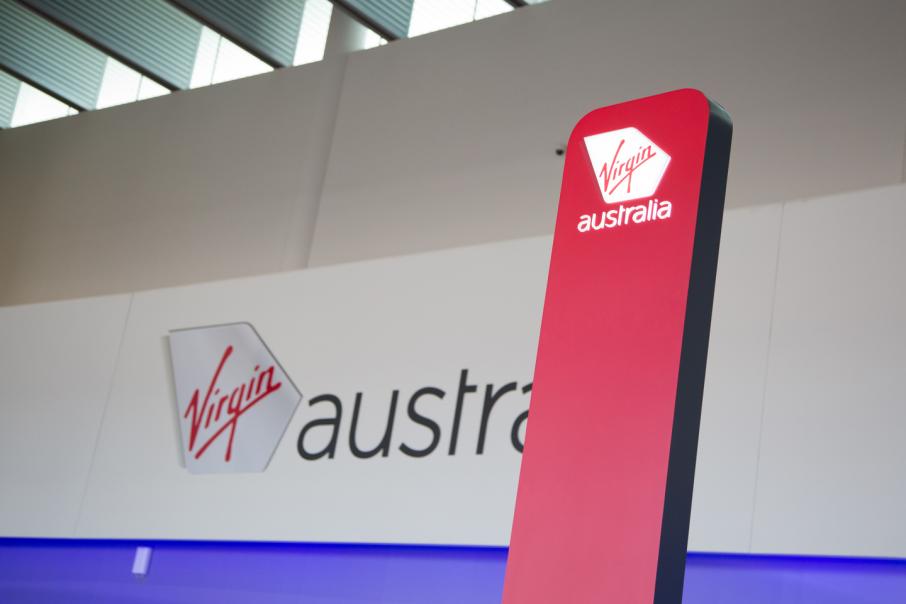Money
How Australian airlines are preparing for a post-COVID rebound

Money
US dollar strength hits NZ dollar amid FX market shifts
US dollar rises amid strong US growth; New Zealand faces pressure as traders navigate volatile FX and geopolitical impacts.
Money
Oil hits seven-month high, and gold surpasses $5,000 amid US-Iran tensions
Oil prices hit seven-month high amid U.S.-Iran tensions; experts analyze impacts on global economy and energy markets.
Money
Australia jobs, market trends, and tariff ruling: What investors need to know
Australia’s jobs report shapes rate forecasts, with cyclical assets favored amid market volatility and upcoming Supreme Court rulings on tariffs.
-



 Tech3 days ago
Tech3 days agoSam Altman predicts superintelligence could appear by 2028
-



 News3 days ago
News3 days agoAndrew Mountbatten-Windsor released after 12-hour questioning
-



 News4 days ago
News4 days agoUkraine Russia peace talks stall with no breakthrough
-



 Tech4 days ago
Tech4 days agoZuckerberg testifies on social media addiction and child safety
-



 Ticker Views4 days ago
Ticker Views4 days agoCan diplomacy survive the Iran-US nuclear standoff?
-



 Money4 days ago
Money4 days agoAustralian Dollar surges: What $0.70 means for markets
-



 Money3 days ago
Money3 days agoOil hits seven-month high, and gold surpasses $5,000 amid US-Iran tensions
-



 News5 days ago
News5 days agoIran and U.S. reach preliminary nuclear agreement in Geneva







